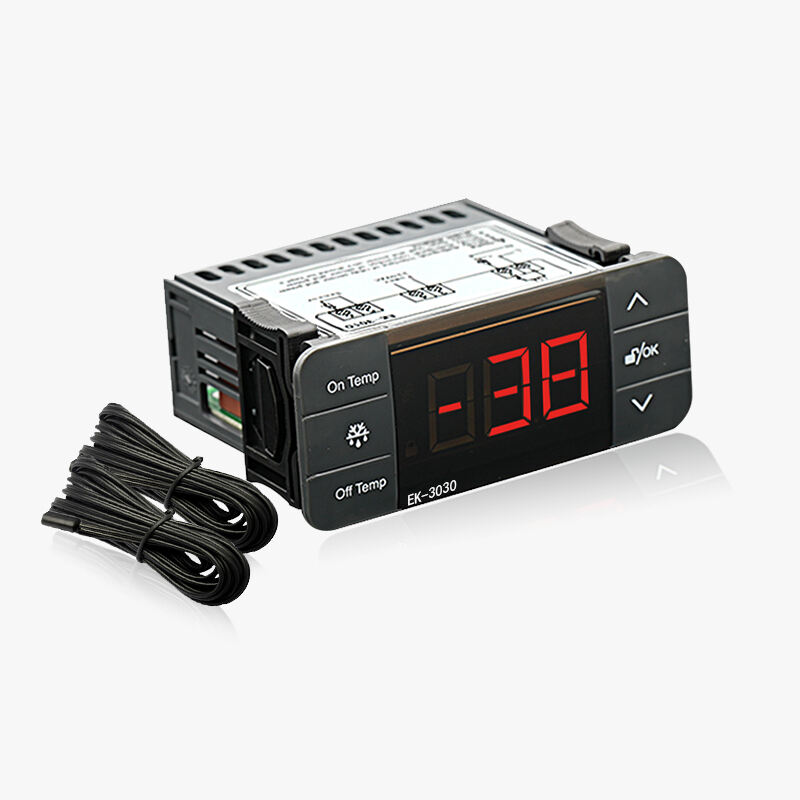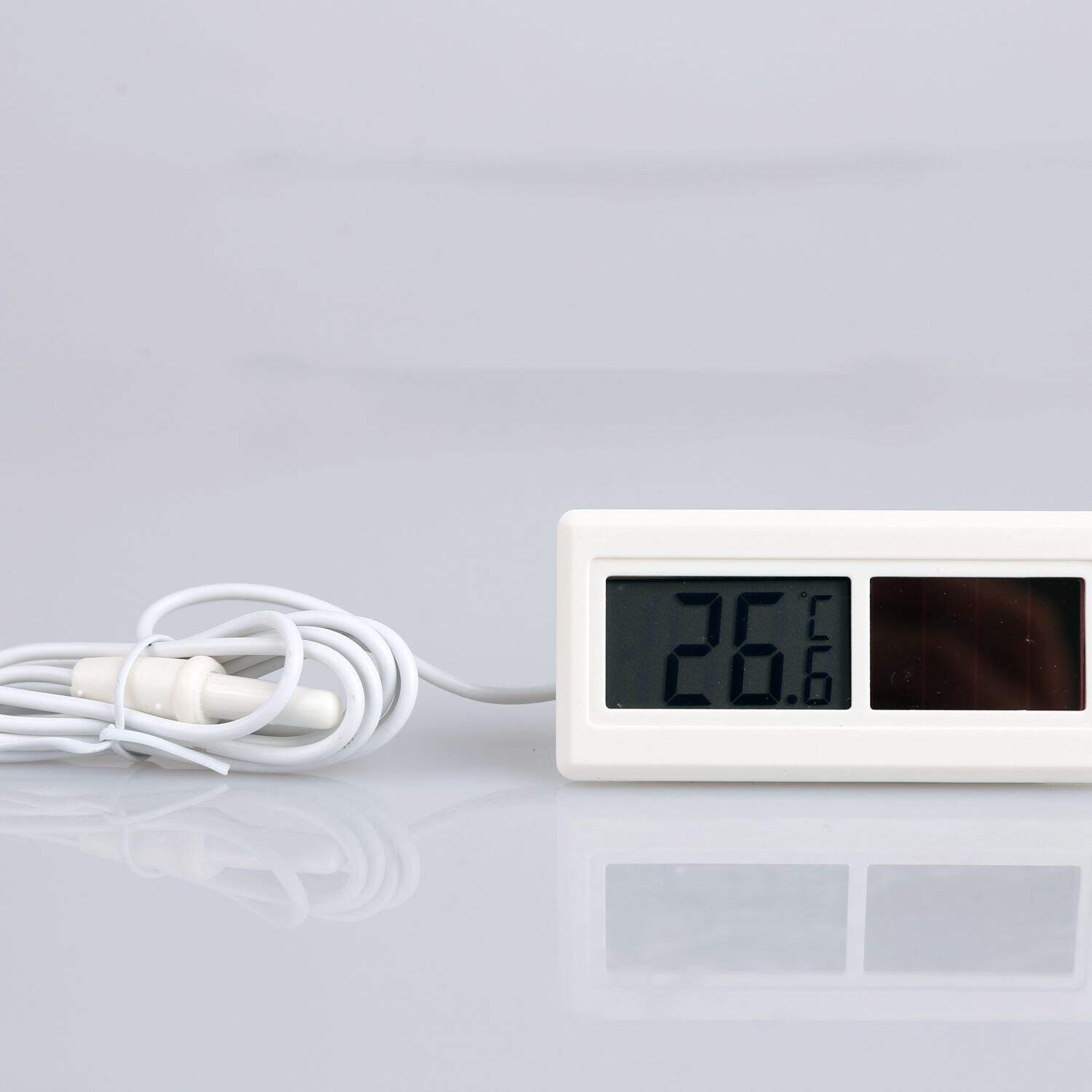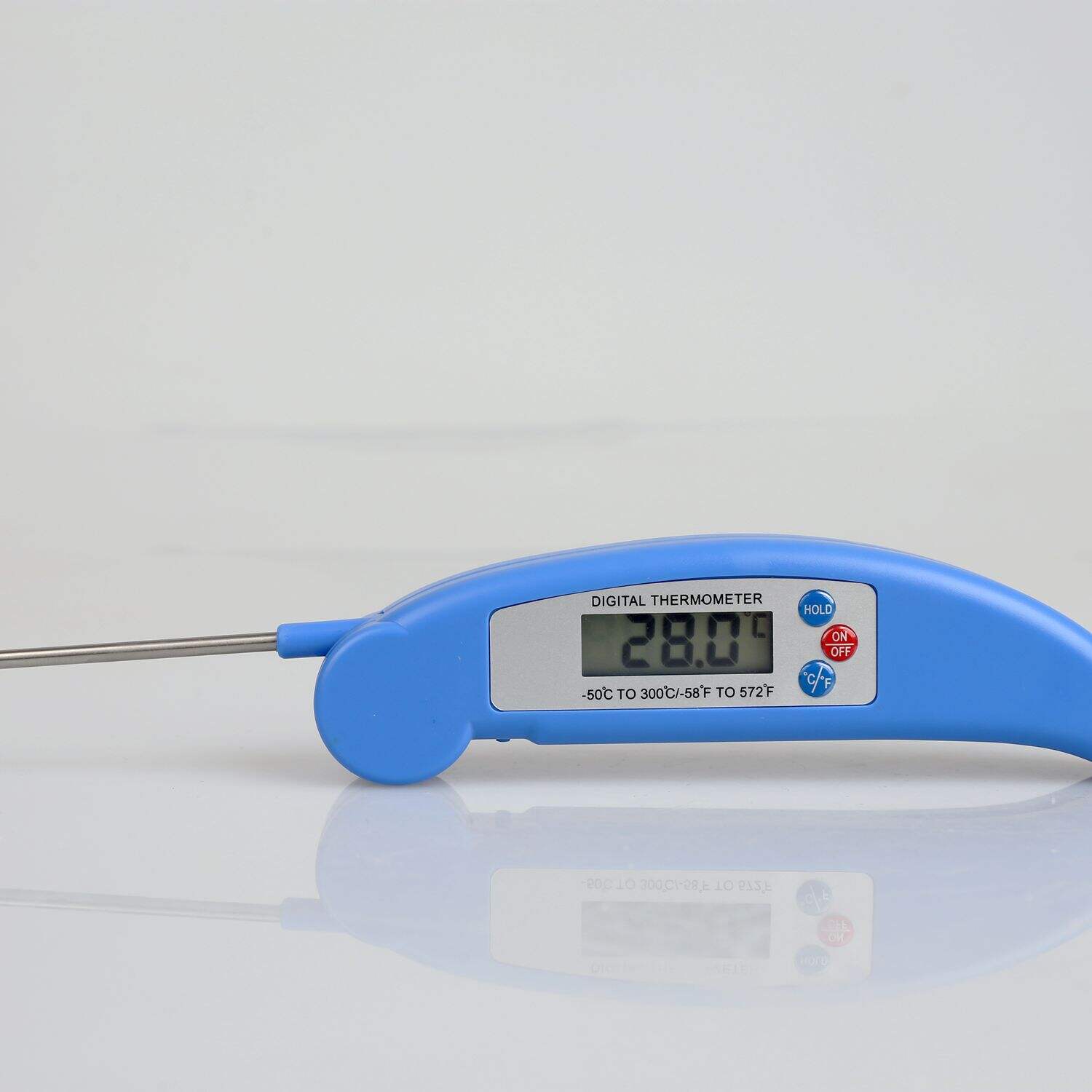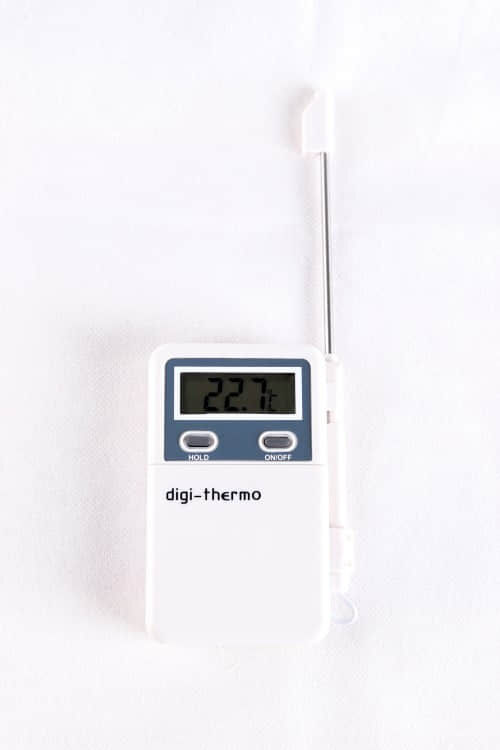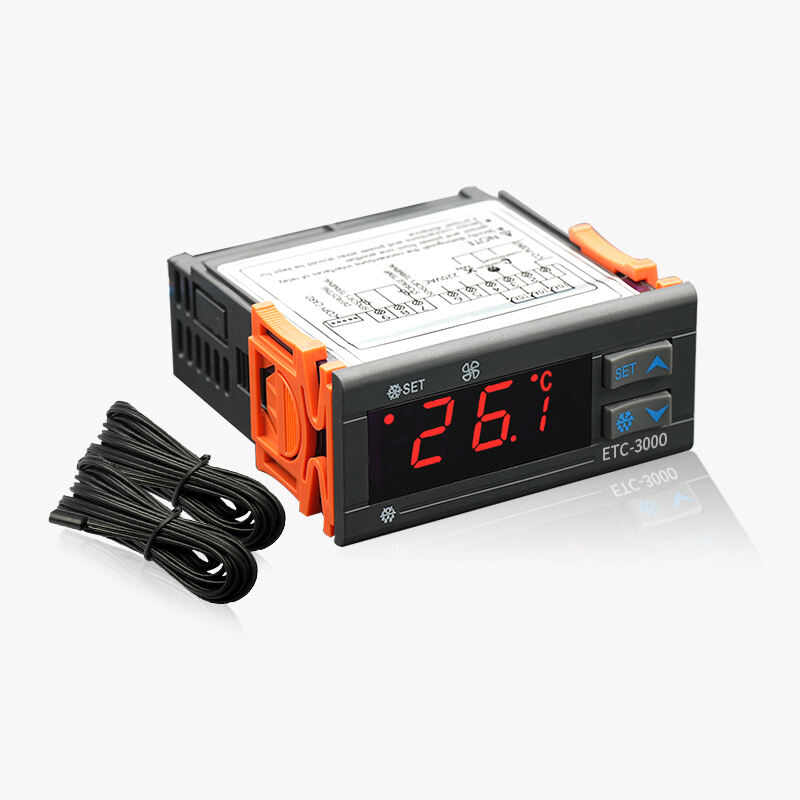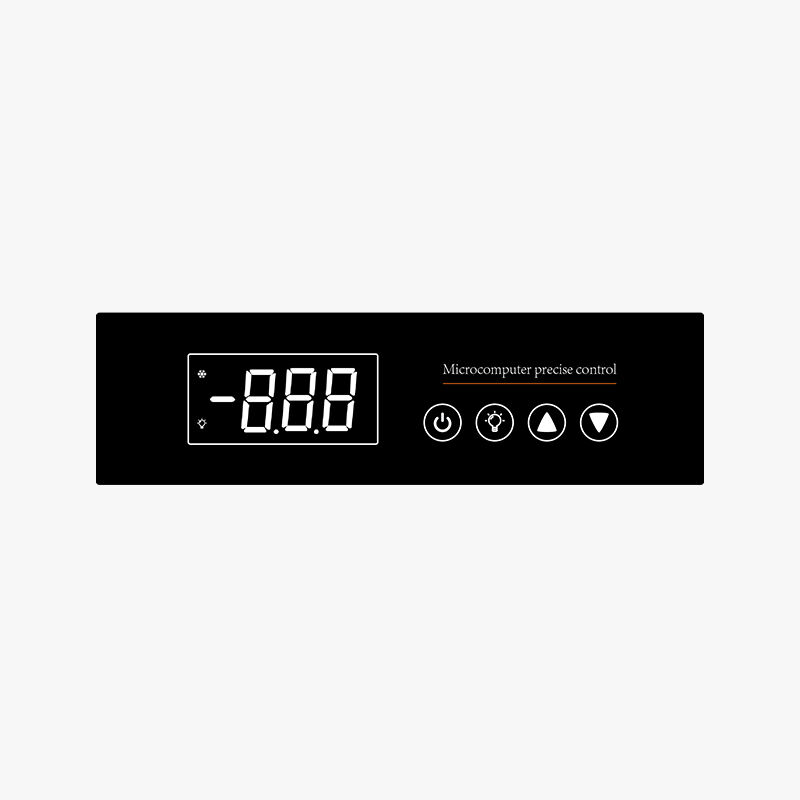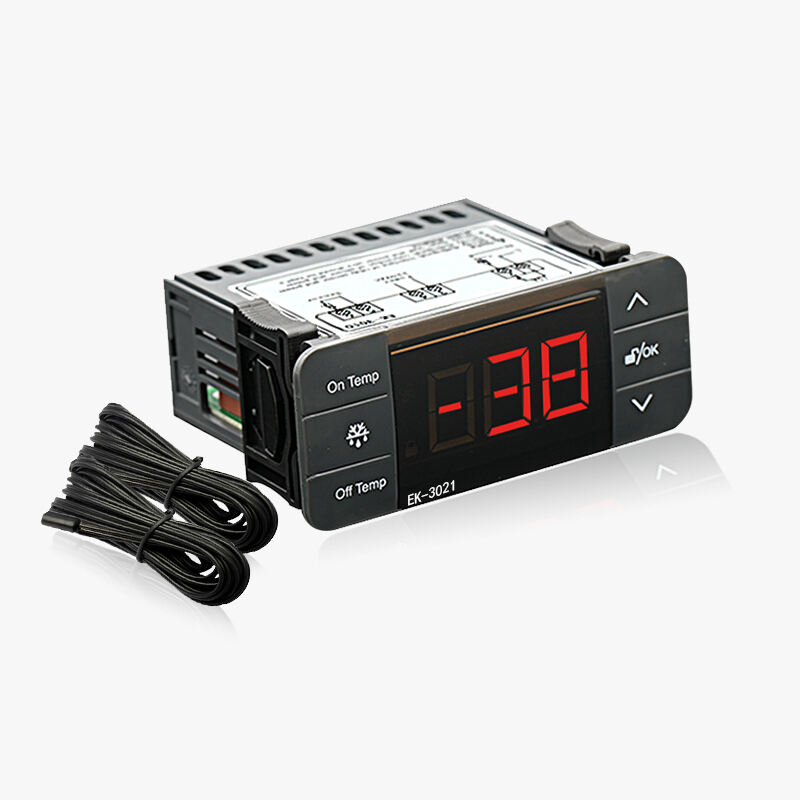Intelligent Control and Precision
The temperature controller's intelligent control system represents a breakthrough in precision temperature management. At its heart lies a sophisticated microprocessor that continuously processes input from temperature sensors, making millisecond adjustments to maintain exact temperature specifications. This system employs advanced PID algorithms that adapt to changing conditions, ensuring stable temperature control even in challenging environments. The controller's auto-tuning feature automatically optimizes control parameters, eliminating the need for manual adjustment and reducing setup time. This intelligent system can achieve temperature accuracy within ±0.1°C, making it ideal for applications requiring extreme precision. The controller's ability to handle multiple sensor types and input ranges provides flexibility in application while maintaining high accuracy levels. The system's rapid response time to temperature variations prevents overshooting and undershooting, resulting in more stable process control and improved product quality.

